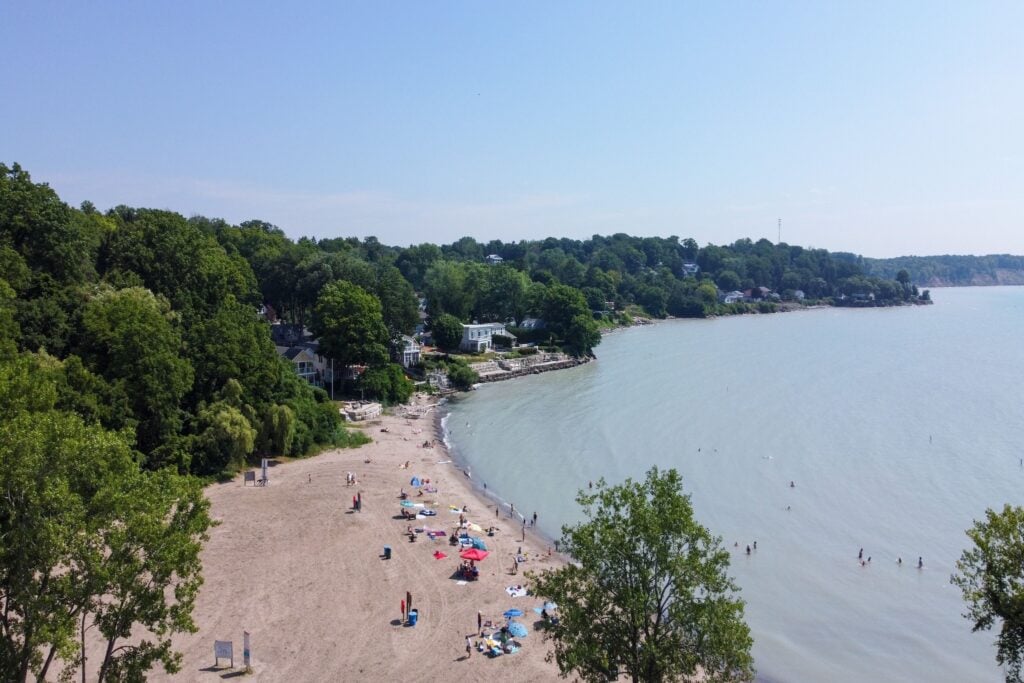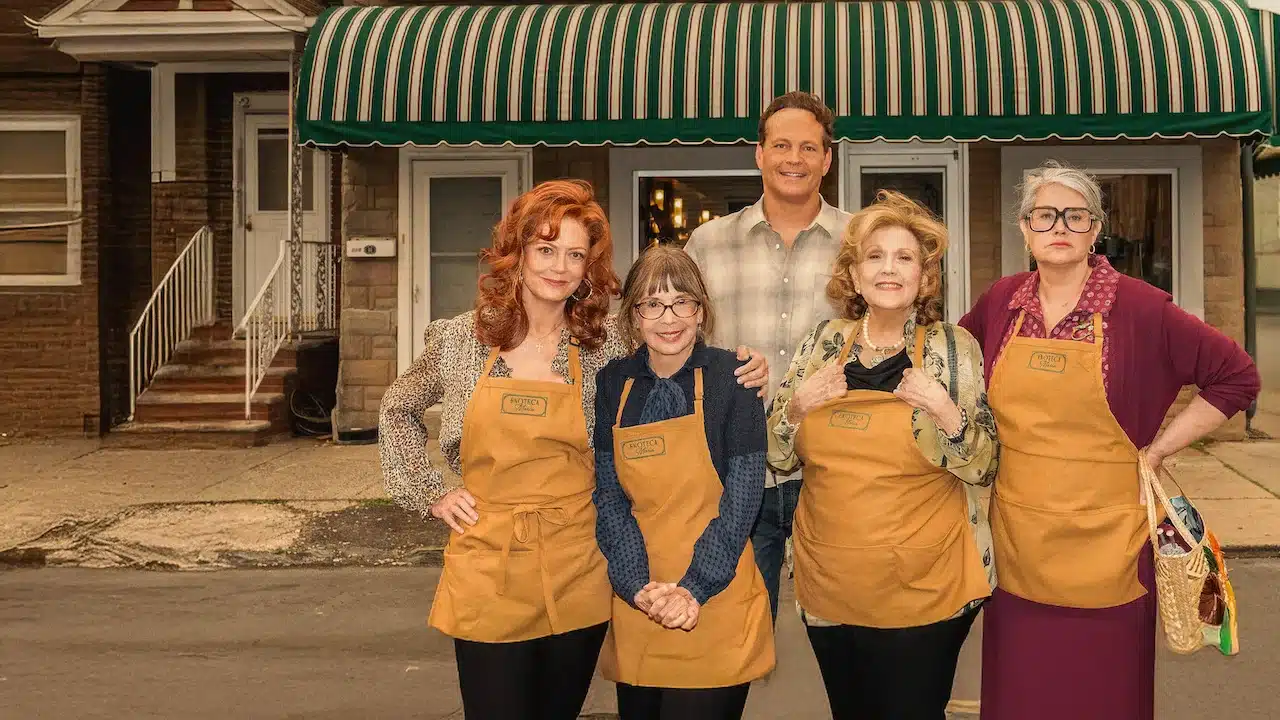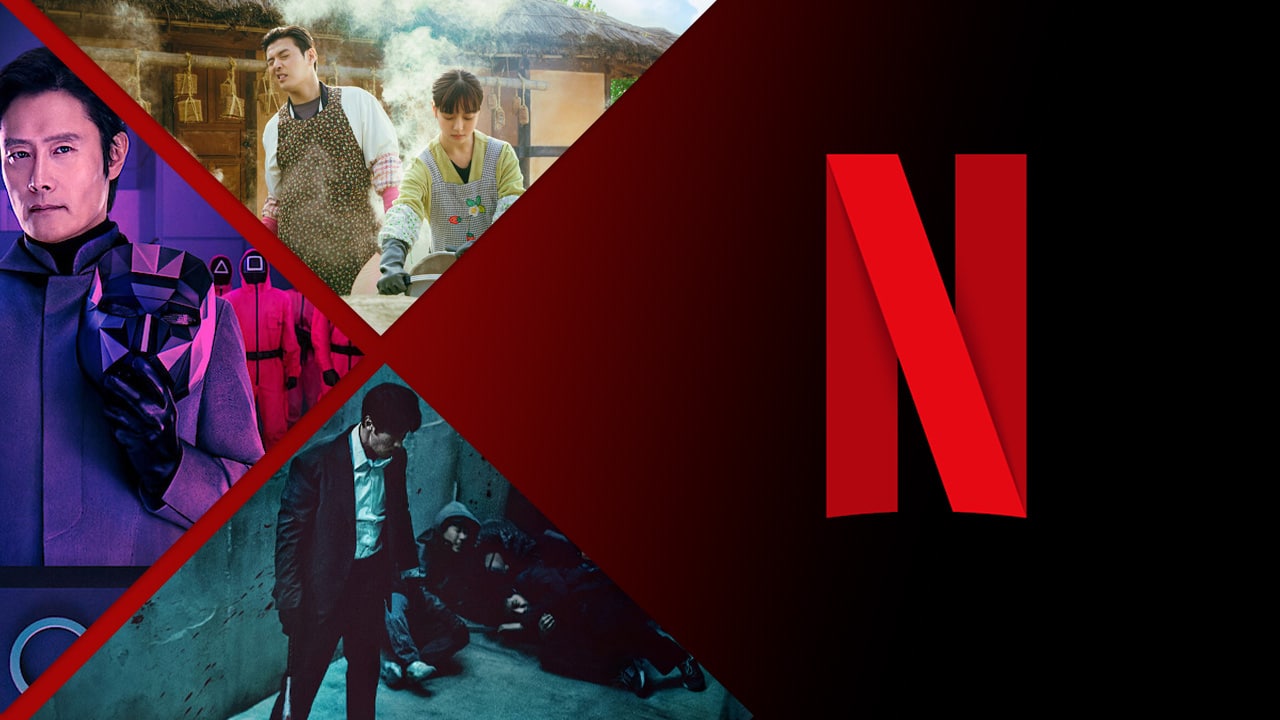Playwright, actor, director and novelist Davide Enia had his first success as a theatrical storyteller in 2002 with his one person play, Italy Brazil 3 to 2, which he wrote, performed and directed. Since then, his award-studded career has flourished, and today he is acclaimed as one of Italy’s finest theatrical storytellers. In April, he returned to Milan’s Piccolo Teatro, after his much acclaimed Eleusi in 2023, with Self-Portrait (Autorittratto), an exploration of Cosa Nostra, Sicily’s Mafia. Born and brought up in Palermo, Enia presents his own experiences alongside the major events in the city during his childhood and adolescence. It is the mix of personal details – his first kiss, his escapades with his best friend, etc – and his vivid account of some of the widely known kidnappings and murders at the hands of the mafia that make the play very special, since the personal interweaves with the political. Enia’s outstanding storytelling techniques, accompanied on the guitar, by composer and musician Giulio Barocchieri, keep audience members captivated for the show’s ninety-minute run. As the play opens, a figure appears in the shadows, singing a heartbreakingly dark Sicilian litany, thereby creating the atmosphere for the story he is about to tell. After the lights have come up, the performer pronounces the following words, in a tone that is simple and matter-of-fact: “I saw the first murdered body when I was eight on my way home from school.” From then on, he conjures up a poignant ‘self-portrait’ of his life in Palermo. Born in 1974, into a middle-class family – both his parents are doctors – his story focuses on events in the 1980s and early 1990s, when the inhabitants of Palermo, children included, became accustomed to hearing gunfire and seeing blood-besmirched bodies, lying in the streets. Enia lived just opposite the house belonging to Paolo Borsellino, the magistrate, who, together with his colleague, Giovanni Falcone, spent his entire career attempting to overthrow the mafia. After the assassination of Giovanni Falcone, his wife and guards, on 23 May 1992, against a backdrop of a city traumatised by the horror of this event, Enia describes his feelings of foreboding as he studies for his Italian leaving exam and repeatedly peers through his window, across the street at Borsellino’s house, thinking the mafia would quite probably strike again. On 19 July, his worse fears turned into reality when the magistrate was assassinated on route to visit his mother. A recurring memory, resurfacing in the monologue, is one of the silence of the adults as they witnessed these everyday atrocities. On this note, the accusation of one of Enia’s classmates impresses itself in the mind. The young man is heard yelling at his parents: “It’s your fault if you allow me to grow up in a city, where people are murdered under our house… you’re forcing me to grow up in this place.” The final part of the play describes how those bombs that exploded, killing Falcone and Borsellino, triggered a state of unrest in Palermo, where people went on marches and secondary students occupied their schools. They had learned that they could no longer stay silent. The day I attended the show, in a packed Piccolo theatre, a standing ovation brought the evening to a close.

Self-Portrait (Autorittratto), written and performed by Davide Enia. Credits: Andrea Veroni.
Play written and performed by Davide Enia
Set and lighting Paolo Casati
Original music Giulio Barocchieri
Sound design Francesco Vitaliti
A co-production by CSS Teatro stabile di innovazione del FVG, Piccolo Teatro di Milano – Teatro d’Europa, Accademia Perduta Romagna Teatri, Spoleto Festival dei Due Mondi
Endorsed by the Giovanni Falcone Foundation
This post was written by the author in their personal capacity.The opinions expressed in this article are the author’s own and do not reflect the view of The Theatre Times, their staff or collaborators.
This post was written by Margaret Rose.
The views expressed here belong to the author and do not necessarily reflect our views and opinions.














